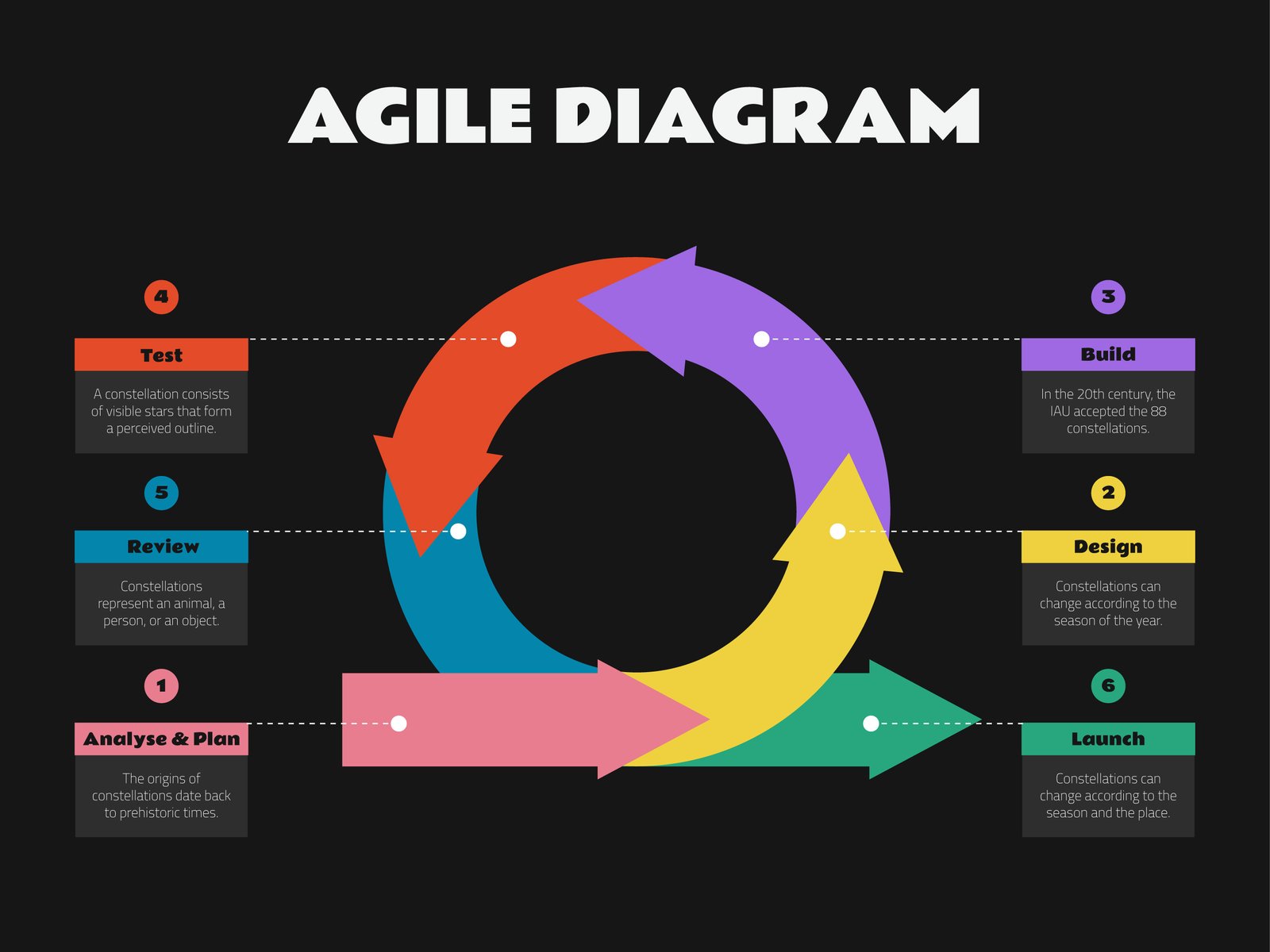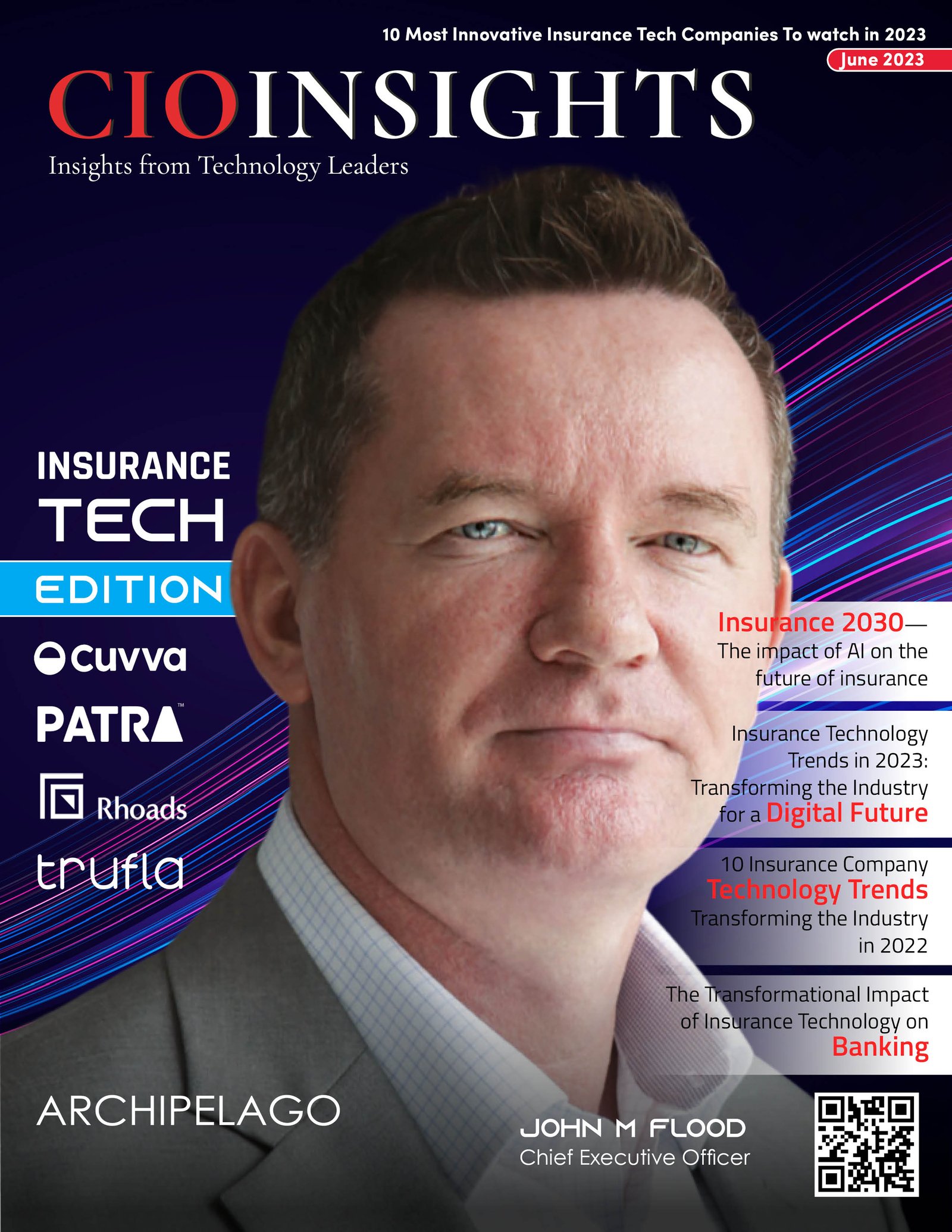Navigating the Future of Agile: Data-Driven Insights

Introduction
This report delves into the current state and future trajectory of Agile methodologies, drawing insights from the 17th State of Agile report. Agile practices continue to gain prominence in the market, offering businesses a robust framework for improving outcomes and enhancing customer satisfaction. The data presented herein provides a nuanced understanding of Agile's evolution and its implications for the future of work.
Understanding Varied Perspectives
A notable disparity exists between the priorities of business leaders and Agile practitioners. While business leaders emphasize customer and business satisfaction, Agile teams prioritize collaboration and customer-centricity. This dichotomy necessitates strategic alignment. Forward-thinking companies leverage data analytics to bridge this gap, ensuring a harmonious integration of perspectives.
Analyzing Key Metrics
Successful Agile implementations are transitioning from task-oriented approaches to outcome-driven strategies. Organizations achieving notable success with Agile employ data analytics to inform decision-making and foster alignment across teams. An adaptive approach, characterized by the integration of diverse tools and methodologies, is gaining traction as companies seek tailored solutions.
Agile's Enduring Significance
Despite external challenges, Agile maintains its stronghold as a preferred methodology. Approximately 70% of surveyed companies incorporate Agile into their software development lifecycles, with Scrum emerging as the predominant choice among Agile users. The collaborative nature of Scrum resonates with teams, contributing to successful project deliveries and goal attainment.
Insights into Future Priorities
A forward-looking analysis of the data reveals emerging trends in Agile adoption. Engineering and research departments are witnessing a notable surge in Agile adoption, reflecting a 16% increase over the past year. Noteworthy priorities for the future include a steadfast commitment to customer satisfaction (43%), a heightened emphasis on expedited delivery timelines (39%), and a growing focus on competitive advantage (34%). Additionally, a substantial proportion of respondents express aspirations for market expansion and new customer acquisition, signaling a dynamic shift in business value considerations.
Conclusion
Agile methodologies are not merely a passing trend; they represent a foundational shift in how businesses operate. Companies are leveraging data analytics to navigate complexities, embracing an eclectic mix of tools to meet diverse needs. The future of Agile is characterized by collaborative teamwork, a relentless focus on customer satisfaction, and the strategic utilization of data to stay ahead. As businesses forge ahead, the central goal remains consistent – making work better for everyone involved.





